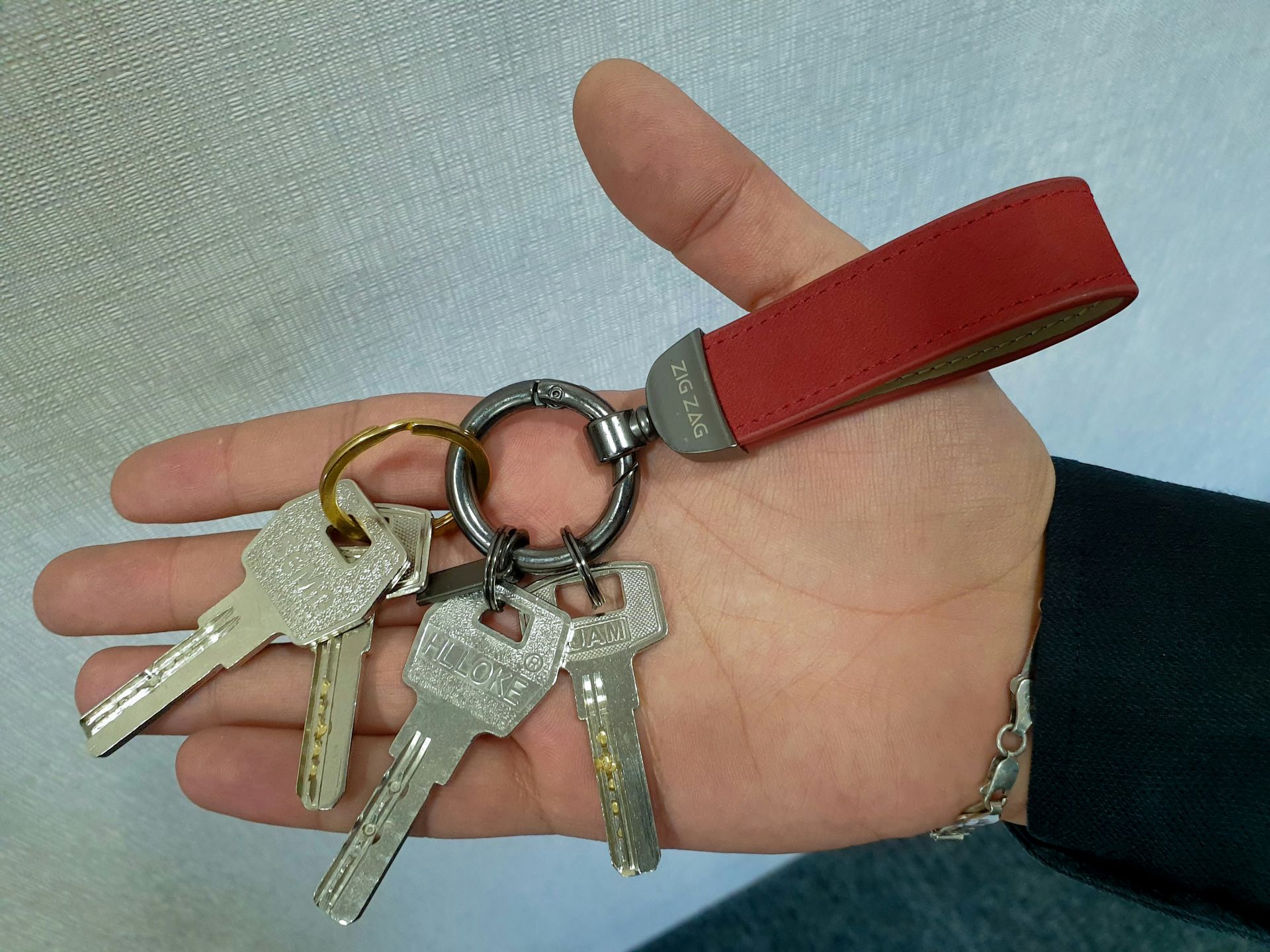As the Government continues its mission to reform the private rental sector, the Renters’ (Rights) Bill is set to bring some of the biggest changes in decades. Chief among these is the proposed abolition of Section 21 ‘no-fault’ evictions – a shift that’s understandably raising questions for landlords across the UK.
At The Property Hive, we’re here to guide you through what’s changing, what it means for your rights as a landlord, and – crucially – how you’ll be able to regain possession of your property under the new system as and when it becomes law.
What’s Changing: The End of Section 21
Under the current framework, Section 21 of the Housing Act 1988 allows landlords to regain possession of their property without providing a reason, as long as they follow the correct notice procedures. It’s been a valuable tool for landlords seeking flexibility or looking to sell, move in themselves, or remove difficult tenants without protracted legal proceedings.
However, the Renters’ Reform Bill will scrap Section 21 notices entirely. This means landlords will no longer be able to end tenancies without a specific reason.
So, How Can Landlords Reclaim Their Property in the future?
In place of Section 21, the Government is strengthening and streamlining the existing Section 8 eviction grounds. These will form the primary route for landlords to regain possession, and will include updated and expanded mandatory and discretionary grounds.
You can find a complete list of the new and existing Section 8 grounds in the table at the bottom of this page. This includes a comparison of the current and new notice periods and the difference between Mandatory and Discretionary grounds.
What This Means for Landlords
Although the loss of Section 21 may feel like a reduction in control, the new system aims to balance tenant security with clear, fair pathways for landlords to regain possession. If your circumstances change – whether you're selling up, moving in, or dealing with serious tenant issues – the reformed Section 8 grounds will provide structured, legal ways to take back your property.
However, it's more important than ever to ensure due process is followed and accurate records are kept.
How The Property Hive Can Help
Navigating legal change doesn’t have to be daunting. At The Property Hive, we’re committed to supporting landlords throughout this transition.
If you have any questions about how the Renters’ Reform Bill will affect your property or how we are helping you stay one step ahead, please reach out to us.
New Grounds for Possession
Below is a summary list (at the point of writing) of some of the more likely Section 8 grounds for possession, including current and new notice periods. For a full list, please click here.
The grounds for possession below are categorised as Mandatory or Discretionary.
Mandatory grounds mean that the court will accept the landlord's reasons for eviction if these can be proven.
Discretionary grounds mean that the landlord will have to show the court that the grounds for possession are appropriate to the circumstances.
| Ground | Name | Summary |
New Notice Period |
Current Notice Period |
Mandatory Grounds
|
||||
| 1 |
Occupation |
The landlord or their close family |
4 months | 2 months |
| 1A |
Sale of |
The landlord wishes to sell the |
4 months | N/A |
| 1B |
Sale of |
The landlord is a private registered |
4 months | N/A |
| 2 |
Sale by |
The property is subject to a |
4 months | 2 months |
| 6 | Redevelopment |
The landlord wishes to demolish |
4 months | 2 months |
| 7A |
Severe ASB/ |
The tenant has been convicted of a |
Immediately | 1 month |
| 7B | No right to rent |
At least one of the tenants has no |
2 weeks | 2 weeks |
| 8 | Rent arrears |
The tenant has at least 3 months’ |
4 weeks | 2 weeks |
Discretionary Grounds |
||||
| 10 |
The tenant is in |
The tenant is in any amount of |
4 weeks | 2 weeks |
| 11 | Persistent
arrears |
The tenant has persistently delayed paying their rent. |
4 weeks | 2 weeks |
| 12 |
Breach of |
The tenant is guilty of breaching |
2 weeks | 2 weeks |
| 13 |
Deterioration of |
The tenant has caused the |
2 weeks | 2 weeks |
| 14 | Anti-social
behaviour |
The tenant or anyone living in or |
Immediately | Immediately |
| 15 | Deterioration of
furniture |
The tenant has caused the |
2 months | 2 weeks |
| 16 | False statement |
The tenancy was granted due |
2 weeks | 2 weeks |
--------------------------------------------------Disclaimer:This article is for general informational purposes only and does not constitute legal advice. Always seek professional legal counsel for individual cases. This article is correct at the time of writing, however, the parliamentary process to obtain Royal Assent on the Renter's Rights Bill is still not complete and so could be subject to change. |










